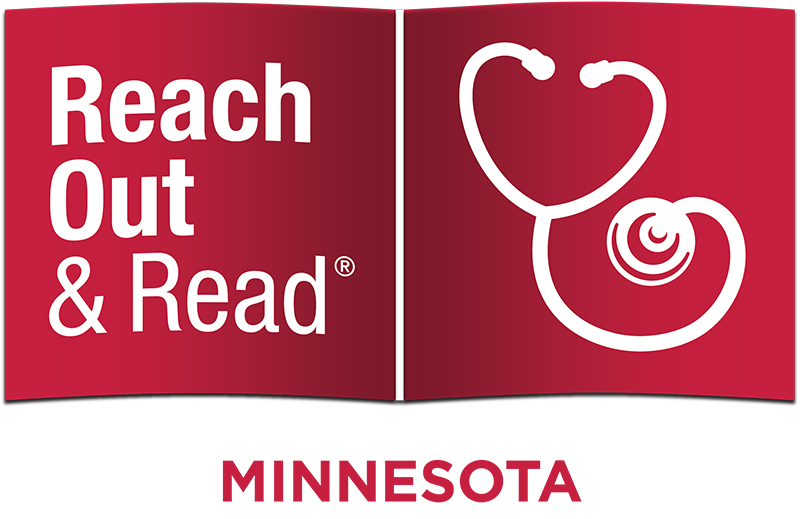Reading aloud gives young children a foundation for success by helping children aquire early language skills.
- Reading aloud is widely recognized as the single most important activity leading to language development. Among other things, reading aloud builds word-sound awareness in children, a potent predictor of reading success.
- According to the National Association for the Education of Young Children (NAEYC) children’s vocabulary skills are linked to their economic backgrounds. By 3 years of age, there is a 30 million word gap between children from the wealthiest and poorest families.
- More
Reading aloud helps children develop positive associations with books and reading.
- The nurturing and one-on-one attention from parents during reading aloud encourages children to form a positive association with books and reading later in life.
- Reading aloud is a proven technique to help children cope during times of stress or tragedy.
- More
Reading aloud helps children build a stronger foundation for school success.
- "What happens during the first months and years of life matters, a lot, not because this period of development provides an indelible blueprint for adult well-being, but because it sets either a sturdy or fragile stage for what follows." J.S. Shonkoff & D. Phillips, Eds., From Neurons to Neighborhoods: The Science of Early Childhood Development (2000), Washington D.C.; National Research Council & The Institute of Medicine, National Academy Press.
- Once children start school, difficulty with reading contributes to school failure, which can increase the risk of absenteeism, leaving school, juvenile delinquency, substance abuse, and teenage pregnancy - all of which can perpetuate the cycles of poverty and dependency.
- Reading aloud in the early years exposes children to story and print knowledge as well as rare words and ideas not often found in day-to-day conversations or screen time.
- Reading aloud gives children the opportunity to practice listening - a crucial skill for kindergarten and beyond.

